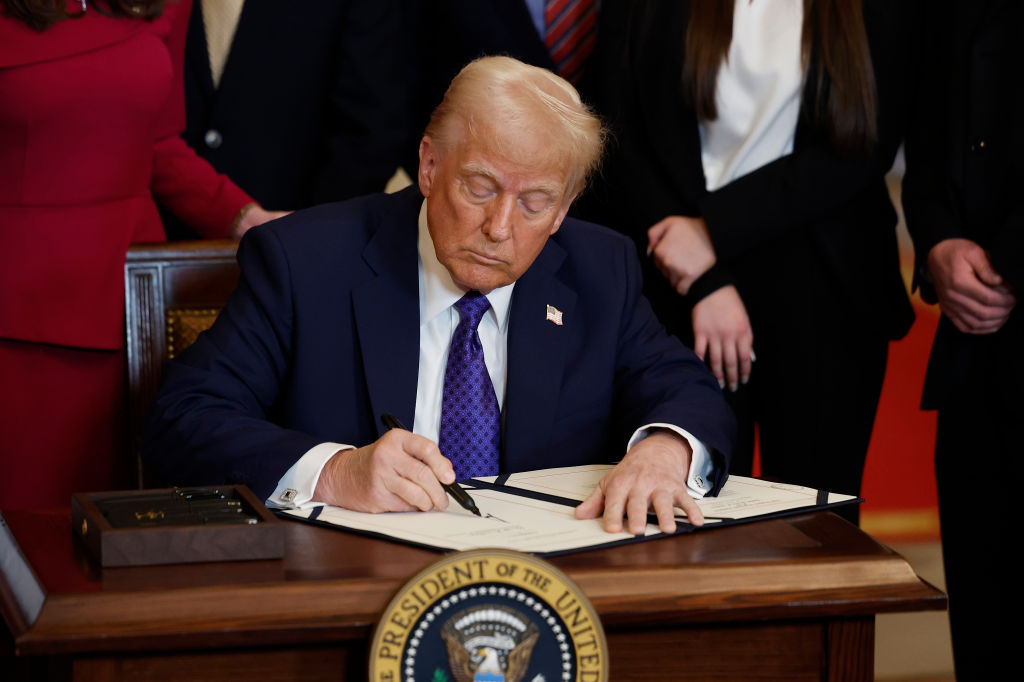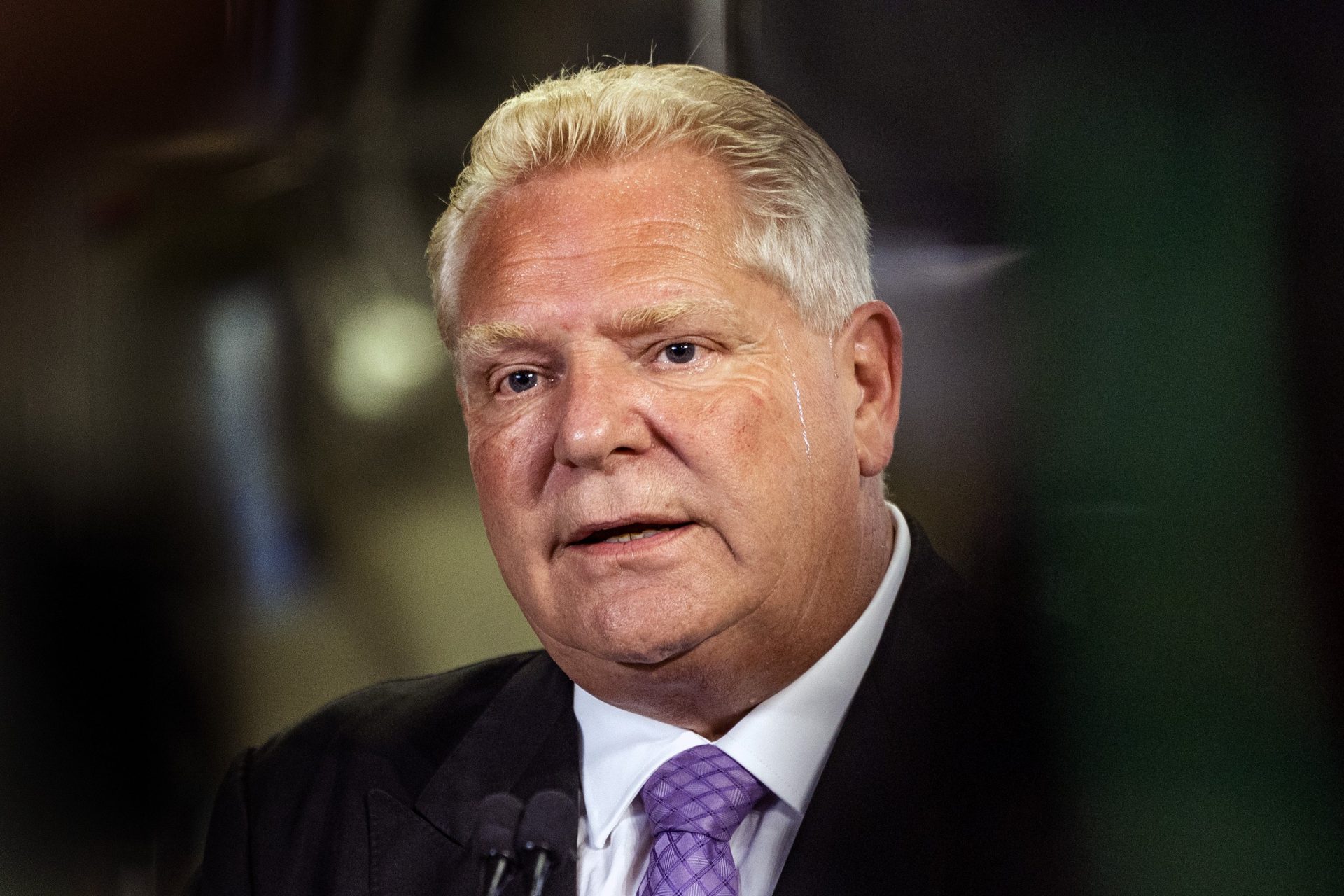More Brexit blows as the UK loses £100 billion a year in economic output
A startling new statistic from Bloomberg Economics suggests that Brexit has cost the United Kingdom’s economy at least £100 billion ($124 billion) a year in lost economic output since leaving the European Union.
While most anti-Brexit commentators knew an abrupt exit from the European Union’s common market would be bad, few could have predicted what has unfolded over the last three years.
Since leaving the European Union, the UK has suffered a host of debilitating economic issues—the most recent of which is the news that the country’s economy is losing over £100 billion a year in lost economic output.
But it isn’t just the loss of £100 billion that’s concerning British economists, it's the downstream effects that such a significant number is causing in the UK’s economy.
“Brexit is costing the UK economy £100 billion a year ($124 billion),” Atkinson wrote, “with the effects spanning everything from business investment to the ability of companies to hire workers.”
According to Yahoo Finance reporter Pedro Goncalves, the loss of £100 billion pounds a year has left Britain’s economy at least 4% smaller than it would have been if the UK had stayed within Europe’s common market.
“Since officially leaving the European Union,” Goncalves added, “UK-based investment has grown 19% less than the G7 average and the economy has forfeited 4% worth of growth, the analysis showed.”
Such dire economic numbers have astonished some analysts while others have questioned the sanity of the leaders who decided an independent Britain was the country’s best path forward.
“Did the UK commit an act of economic self-harm when it voted to leave the EU in 2016,” questioned Bloomberg economists Ana Andrade and Dan Hanson. “The evidence so far suggests it did.”
“The main takeaway is that the rupture from the single market may have impacted the British economy faster than we, or most other forecasters, expected,” Andrade and Hanson added.
The UK is now predicted to be the worst-performing major economy this year according to the International Monetary Fund (IMF).
The IMF is also predicting that the UK’s GDP will contract by 0.6% this year, which is a staggering amount when you consider the International Monetary Fund projected the size of Britain’s economy to have been $3.77 trillion in 2022.
“The UK is expected to be the only country to shrink next year across all the advanced and emerging economies,” according to BBC News. “Even sanctions-hit Russia is now forecast to grow this year.”
The IMF is predicting that the UK’s economy will grow in 2024 and Britain's version of finance minister noted his country's economy had outperformed its 2022 predictions.
“Short-term challenges should not obscure our long-term prospects,” Chancellor of the Exchequer Jeremy Hunt said.
“The UK outperformed many forecasts last year,” Hunt added, “and if we stick to our plan to halve inflation, the UK is still predicted to grow faster than Germany and Japan over the coming years.”
More for you
Top Stories





























